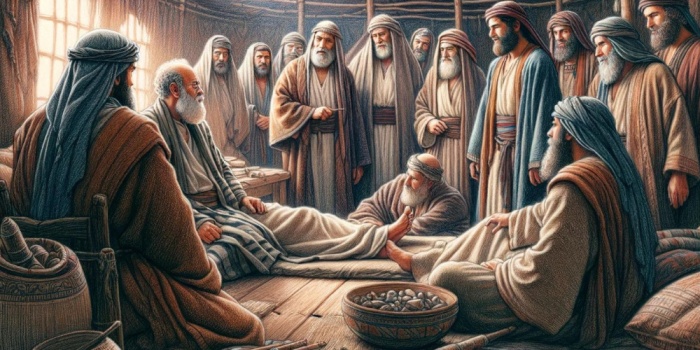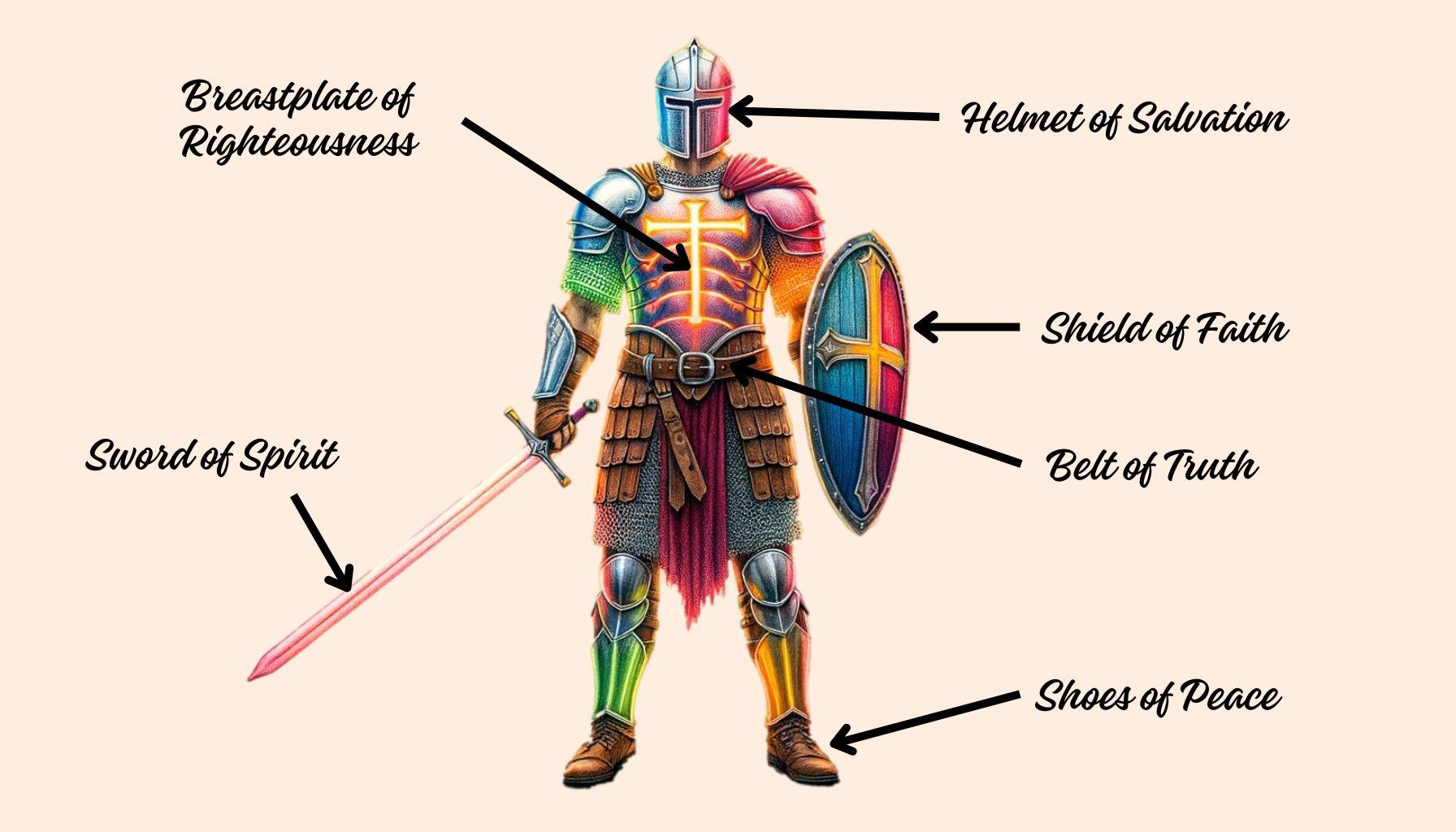The Seven Churches of Revelation, addressed individually in Revelation chapters 2 and 3, are commended or criticized based on their spiritual state, offering profound insights into the strengths and pitfalls of early Christian communities, emphasizing the necessity of maintaining faith, doctrinal purity, and spiritual vigilance in the face of both external persecution and internal corruption.
The Ten Commandments, central to the ethical and moral framework of Judeo-Christian beliefs, encompass directives ranging from exclusive monotheism and idolatry prohibition to interpersonal ethics involving honor, life preservation, marital fidelity, property rights, truthfulness, and contentment, thus providing comprehensive guidelines for personal conduct and communal integrity.
The Fruit of the Spirit, as detailed in Galatians 5:22-23, encapsulates nine divine virtues—love, joy, peace, patience, kindness, goodness, faithfulness, gentleness, and self-control—that are manifested in the lives of believers through the transformative and sanctifying power of the Holy Spirit, reflecting the ethical and moral character of Jesus Christ.
The places Jesus visited across His earthly ministry, from His humble birth in Bethlehem to His profound teachings in Capernaum and transformative moments on the Mount of Olives, collectively highlight the geographic and cultural context of His teachings, the fulfillment of prophecies, and the profound impact of His life and miracles on diverse communities and individuals.
The Twelve Tribes of Israel, stemming from Jacob’s twelve sons, represent a diverse tapestry of destinies and roles within biblical narratives, from Reuben’s lost birthright and Judah’s royal lineage to Joseph’s fruitful legacy through Ephraim and Manasseh, each tribe embodies unique blessings and challenges that collectively contribute to the historical, spiritual, and moral legacy of the Israelite nation.
The Armor of God, as depicted in Ephesians 6:10-18, encompasses the metaphorical imagery of a Roman soldier’s armor, including the belt of truth, breastplate of righteousness, shoes of peace, shield of faith, helmet of salvation, and sword of the Spirit, to symbolize the spiritual warfare, defense, and readiness required in the Christian life, emphasizing the importance of prayer, divine protection, and spiritual practices based on biblical teachings.





